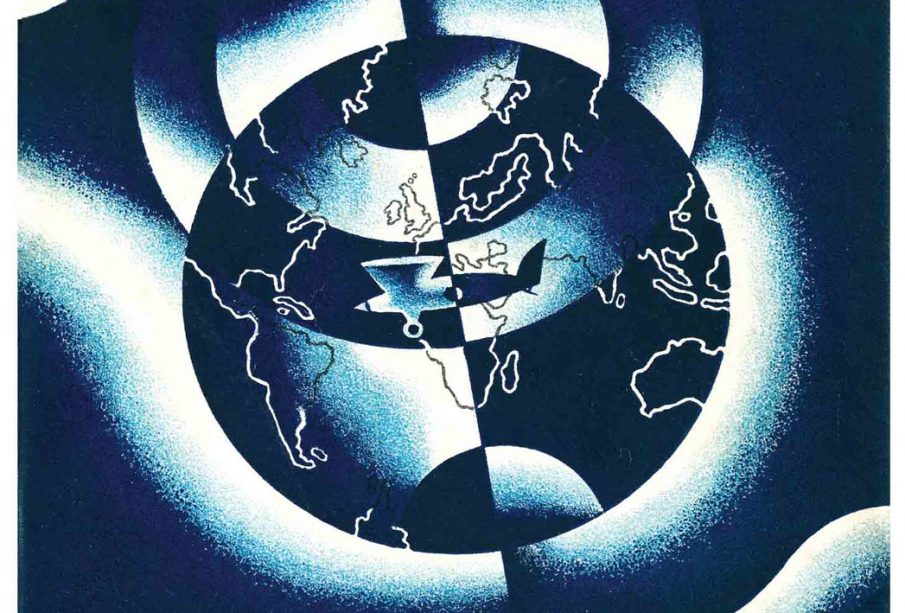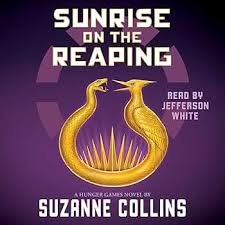The Relevance of ‘Brave New World’ in Contemporary Society

Introduction
Aldous Huxley’s ‘Brave New World’, published in 1932, remains a cornerstone of dystopian literature, presenting a prophetic vision of a society plagued by technological control, consumerism, and loss of individuality. In today’s rapidly advancing world, the themes outlined in Huxley’s novel resonate even more profoundly, reflecting anxieties surrounding artificial intelligence, genetic engineering, and social conformity. Understanding this novel is increasingly crucial in light of current events that echo its cautionary tales.
Main Body
Set in a futuristic society where happiness is chemically engineered and individuality is suppressed, ‘Brave New World’ depicts a world where family ties and personal connections are considered obsolete. Instead, citizens consume a drug called ‘soma’ to alleviate pain and discomfort, leading to a shallow existence devoid of true happiness and emotional depth. This theme of escapism through technology finds striking parallels in today’s world, where social media, virtual reality, and other technologies often distract from genuine human interactions.
The relevance of ‘Brave New World’ can be further observed in discussions about genetic engineering. In recent years, advances in CRISPR technology have opened up new avenues for modifying human DNA, sparking ethical debates. The novel warns against the dangers of scientific advancement unchecked by moral considerations, a concern echoed in the bioethics discussions surrounding today’s genetic modifications and designer babies.
Additionally, with the rise of surveillance capitalism and increasing control of personal data, Huxley’s cautionary tale against a society devoid of privacy resonates with current global events where privacy erodes under the watchful eyes of governments and corporations. This creates an environment where individuals are constantly monitored, reminiscent of the societal control depicted in the novel.
Conclusion
As society grapples with the implications of technological advancements, ‘Brave New World’ serves as a vital reminder of the potential consequences of unchecked progress and the importance of safeguarding individuality and freedom. Huxley’s work challenges readers to consider the implications of their own societal systems and encourages active participation in discussions related to technology and ethics. As we move further into the 21st century, engaging with Huxley’s message becomes essential in shaping a future that prioritises humanity over mechanisation, making ‘Brave New World’ more relevant than ever.









